George Lakey has seen his fair share of grim political moments. He has, after all, spent nearly seven decades fighting for civil rights, peace and environmental justice. At 87, Lakey recognizes that now is another one of those moments.
But his own personal experience as an activist and his research as a scholar of political movements — both examined in a 2024 documentary, “Citizen George,” which is now available to watch on Vimeo — tells him that our darkest hours can offer the greatest opportunity for radical change.
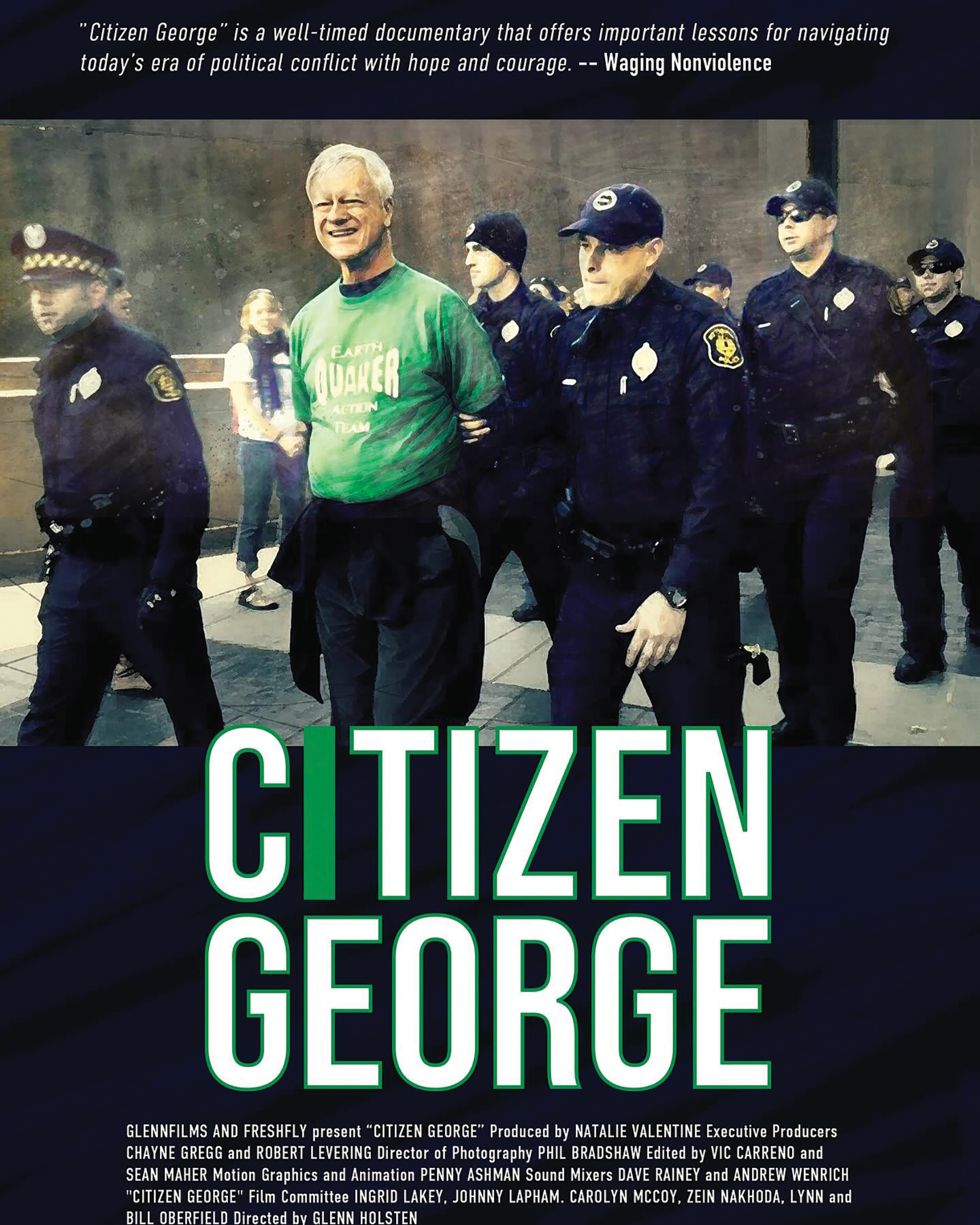
Grid spoke with Lakey about the challenges facing the environmental movement under Trump and the enduring power of nonviolent direct action. The conversation has been edited for length and clarity.
The Trump administration is uniquely hostile to the interests of environmentalists. How do you see the environmental movement responding? I think we’re still in the stunned period. When so much is getting smashed, it’s harder to call attention to the environment. But I think things will settle down. Nature has a way of reminding us it exists. And not even Trump can distract us from that for very long. We will have comeuppances of various kinds — maybe even the heat this summer — that will remind us, “Oh right, there’s nature, and we have to deal with that.”
Do you think environmentalists learned anything useful about how to deal with Trump during his first term? I think we learned that he’s not Superman, and it’s possible to survive him. Fear is something we all have a lot of experience with now, and we know that fear is reduced when we’re with other people. In fact, we know that when we’re kids. When we’re kids, the hand automatically goes out reaching for another hand. Sometimes as adults, we can get individualistic and imagine that we don’t need that. But we do. We need it all the more at times like this. We need to be in tighter solidarity than usual, not only because of the collision with nature, but also the collision with our president.
How much energy do you think environmentalists should be putting into intervening on the national level at this point? Well, in Scandinavia — which is a comparison I make a lot because I lived for a year in Norway — it makes a lot of sense for citizen action to work on the nation-state because the nation-state is responsive. They actually have democracy. I don’t think it makes that much sense here because democracy is not what we have. Our political structure is amazingly impervious, owned by the rich instead of by us. I think going after the corporations directly is actually a more sensible way of proceeding.
You’re a longtime advocate of nonviolent direct action. In the face of growing authoritarianism in the United States, should we still rely on nonviolent direct action? I looked into the Global Nonviolent Action Database that we built at Swarthmore College on that question recently because I thought it’d be handy if we had a list of some dictatorships that have been overthrown nonviolently. Even without a whole lot of searching in the database — which now has about 1,600 cases scattered over history — I found 40 cases in which dictators, most of whom had been in power for many years, were overthrown nonviolently. And a bunch of them were really vicious dictators. So it does seem to me pretty clear that if you’re going to go up against a really horrible enemy, nonviolence is the way to go.
You’ve been an organizer for a long time. What do you see as your role at this point in your life? At 87, I’m just sad sometimes. I even cry at the loss of energy that I have, the loss of ability to concentrate over long periods of time on a particular thing. I can still jump up and make a speech. There’s other stuff I can do, and I’m happy to do it. But I also wear out really, really quickly.
We will have comeuppances of various kinds — maybe even the heat this summer — that will remind us, ‘Oh right, there’s nature, and we have to deal with that.’”
— George Lakey
What keeps you motivated? My great-grandchildren are a reminder of all the young people who are inheriting this mess. What I hope is that we’re not only an example of a generation passing off a terrible mess to younger people, but we’re also a generation that is generating bright ideas and new ways of working and steadfastness and courage. Hopefully, that will inspire younger people to say, “Well, gee whiz, they didn’t give up.”
“Citizen George” features footage from the Rocking Chair Rebellion, a series of actions by older climate activists targeting banks that fund fossil fuel projects. Do you think there’s something unique that older people bring to the movement? I try to remind myself of that each time I’m being helped back up on my feet after lying on the pavement, or helped out of a jail cell. I was inspired by older generations as a young person. I knew Norman Thomas. I knew A.J. Muste and Bayard Rustin. I was just bowled over by the older folks who had been through so much s*** and still would actually listen to something that young people would say. Now, there’s a whole new set of young people and I get to be in touch with them. I’m so honored to be part of that continuity.
I know you consider yourself a hopeful person, but decidedly not an optimist. Why is that? Well, because the forces against us are so enormous. If I saw objective forces out there that were coming to save us, I would feel more optimistic, or if I believed in an interventionist God that would say, “All right, enough, you’ve put yourselves through enough misery, I think I’m going to give you a hand.” But I don’t think it works that way. I’m a big believer in God, but it’s not that kind of God. But I do think there’s hope.
Why? Partly because we never know everything that’s going on. I mean, there were very grim moments in the American Revolution. Not far from here, out at Valley Forge, there was George Washington with a bunch of tired and wounded soldiers. There have been so many moments like that in history when things looked just really, really grim and nevertheless turned out well. So, why discount that? Do I know everything that’s going on? No. I think in order to be pessimistic, I would have to be more arrogant than I am, more of a know-it-all than I am. All the victorious struggles I’ve looked into deeply have had moments when it really looked hopeless.
Does this moment feel like that? It does.
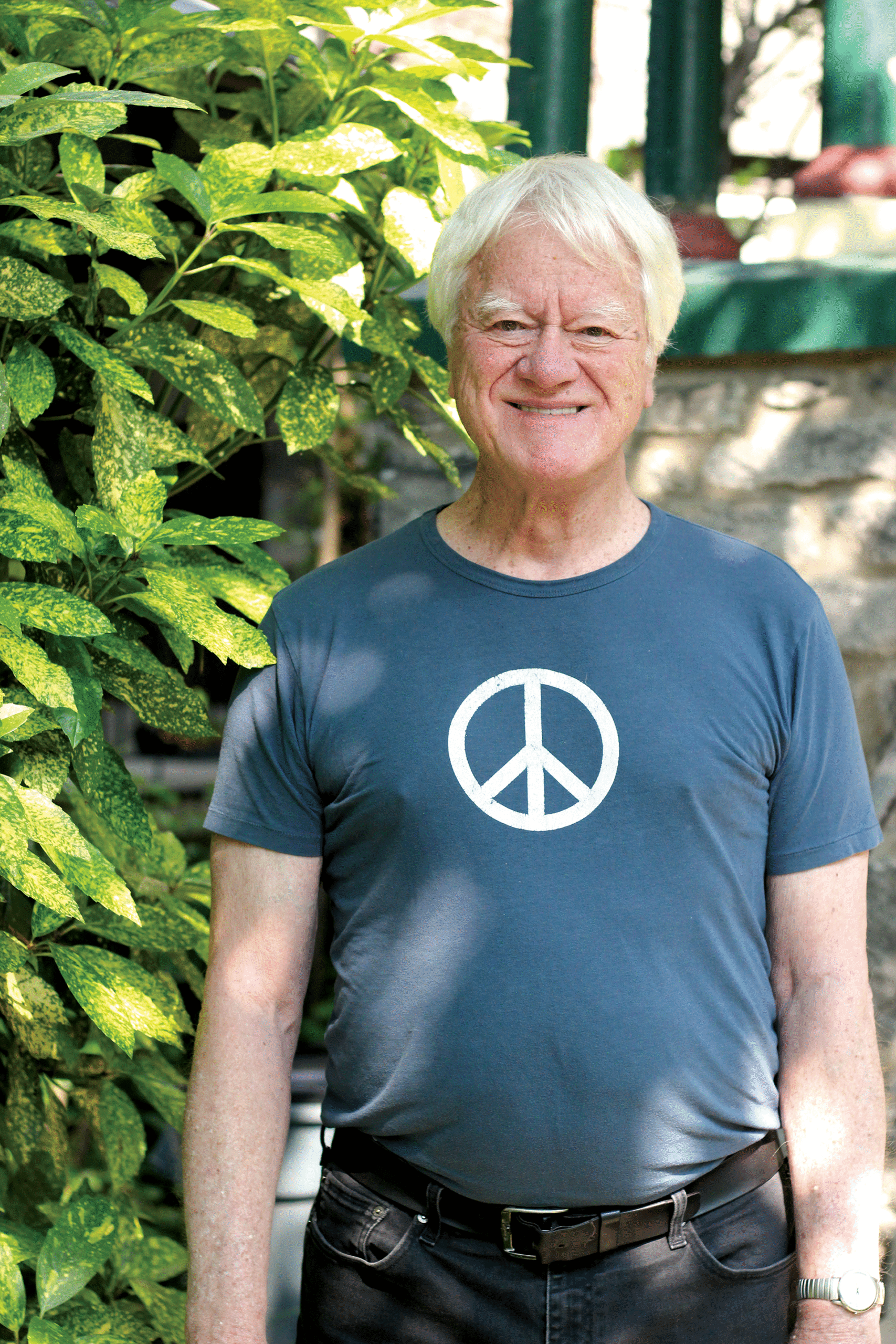


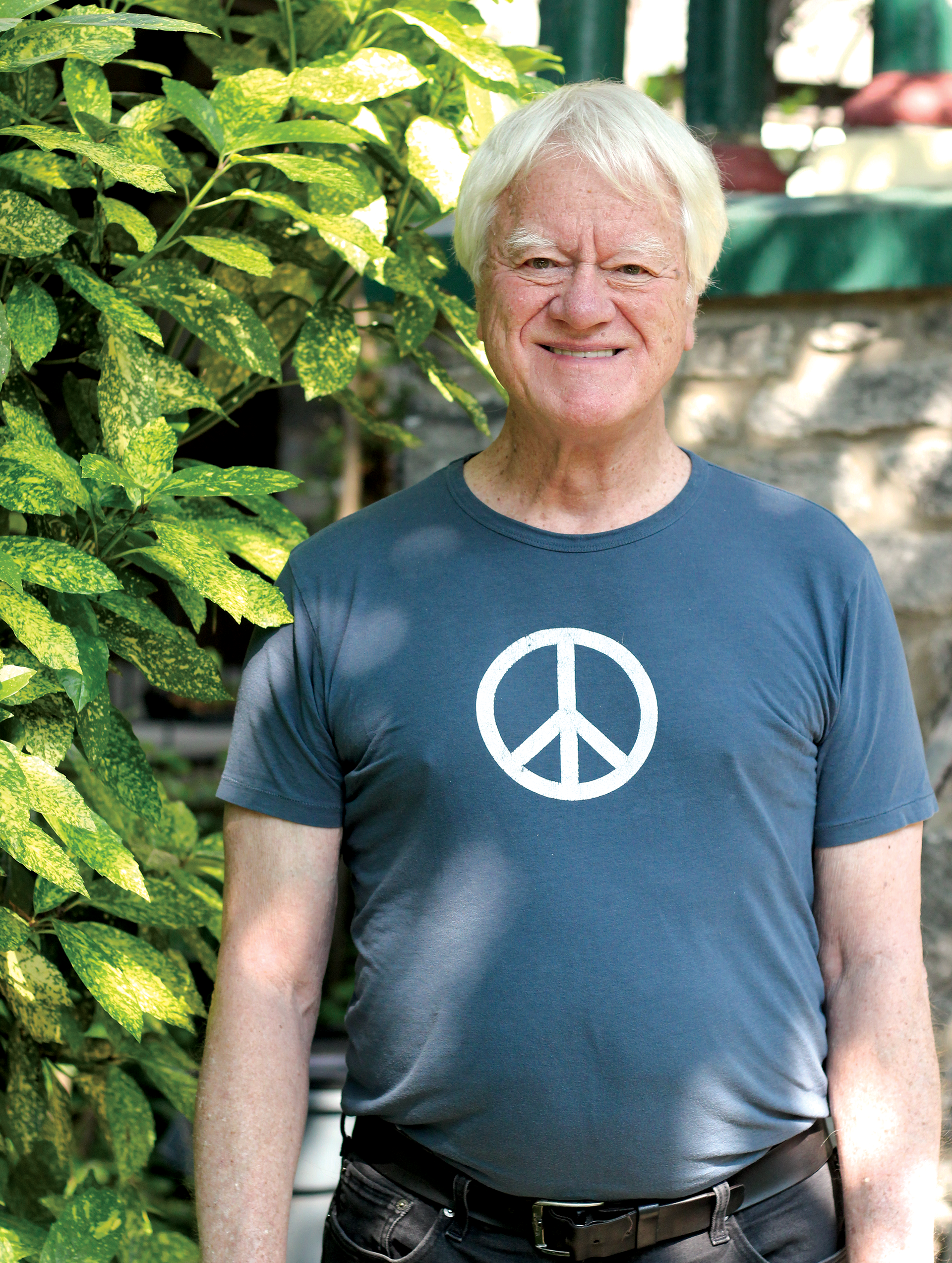
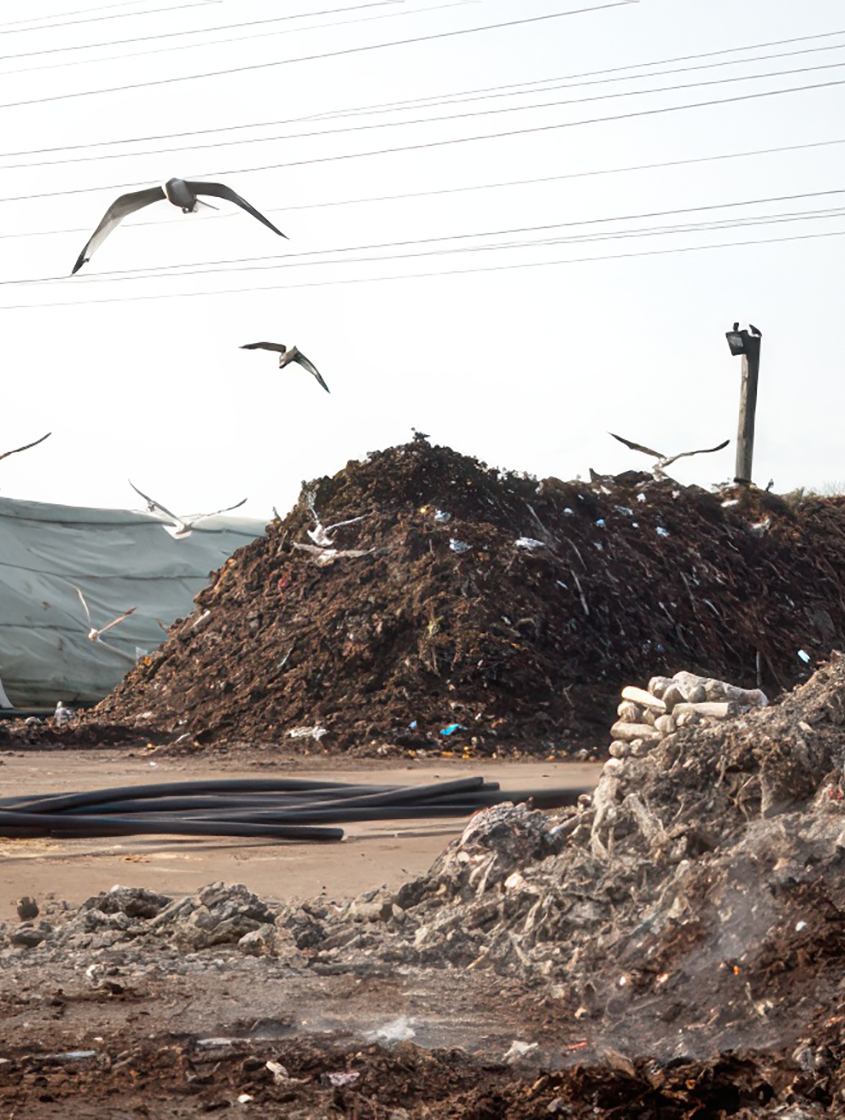
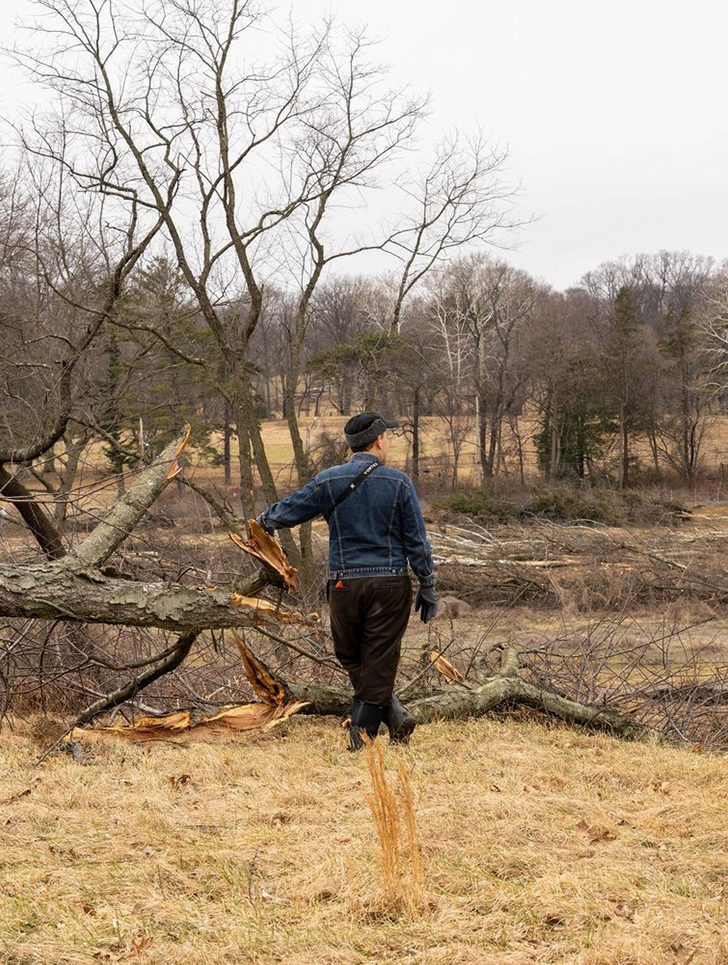
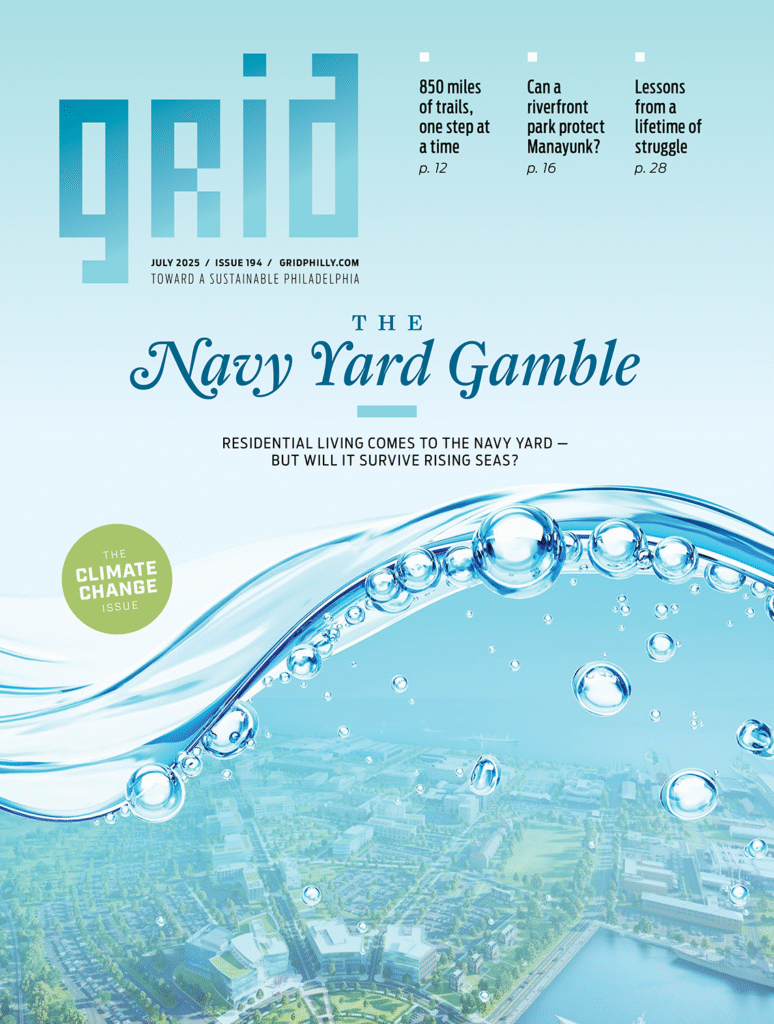
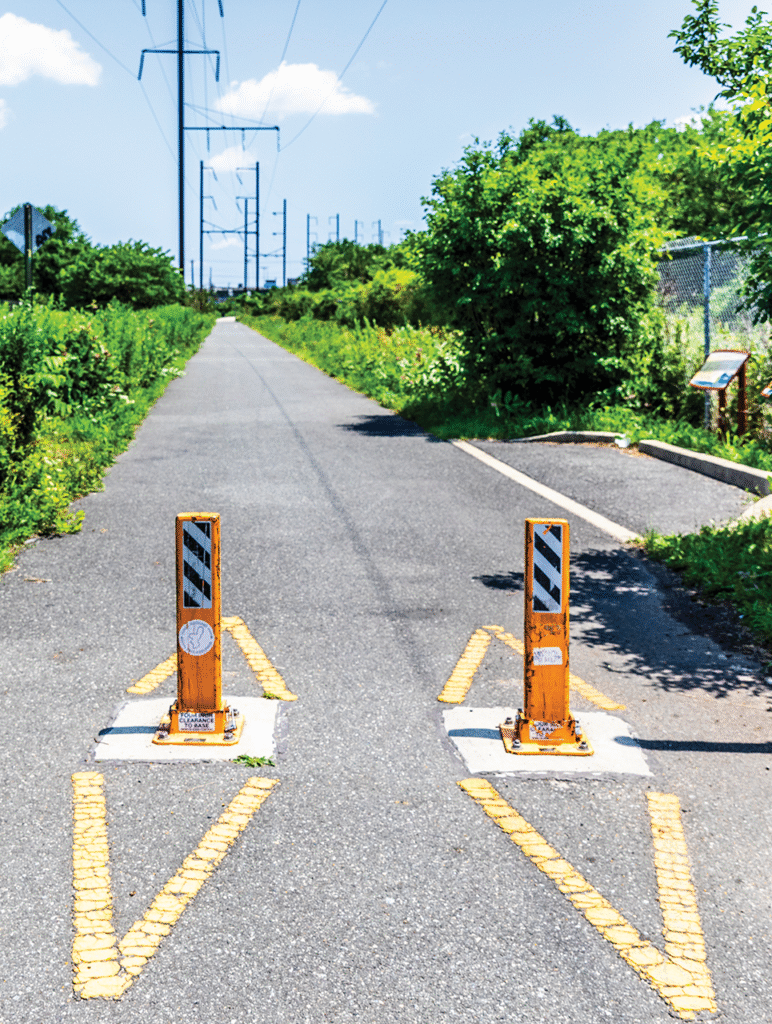
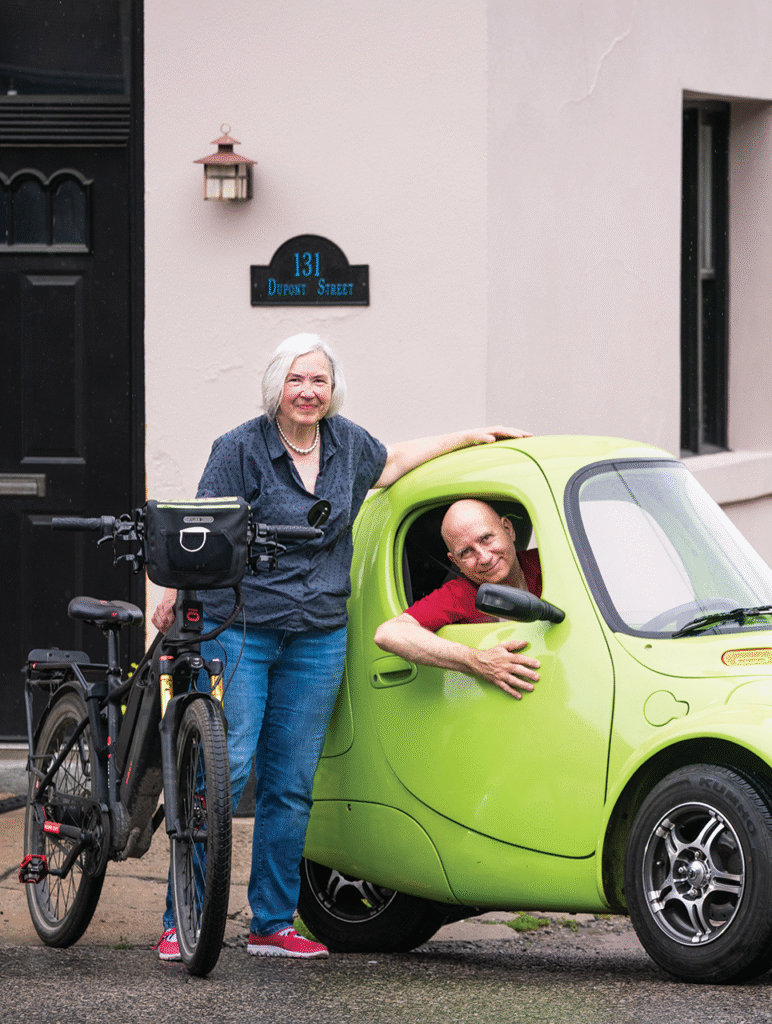
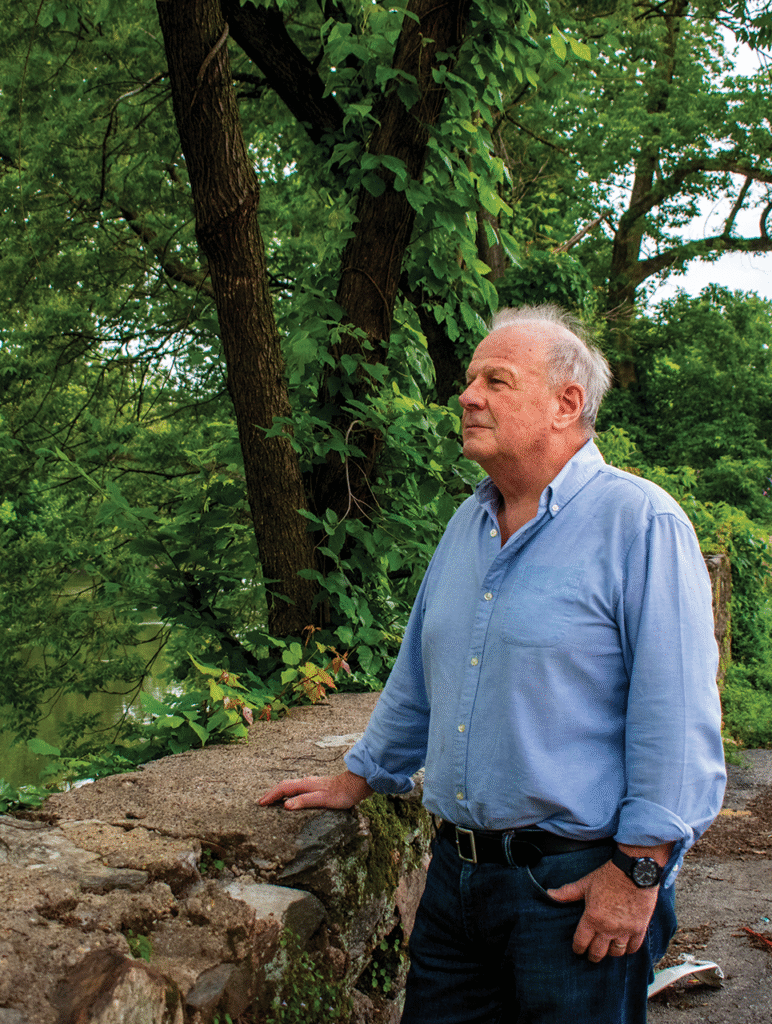
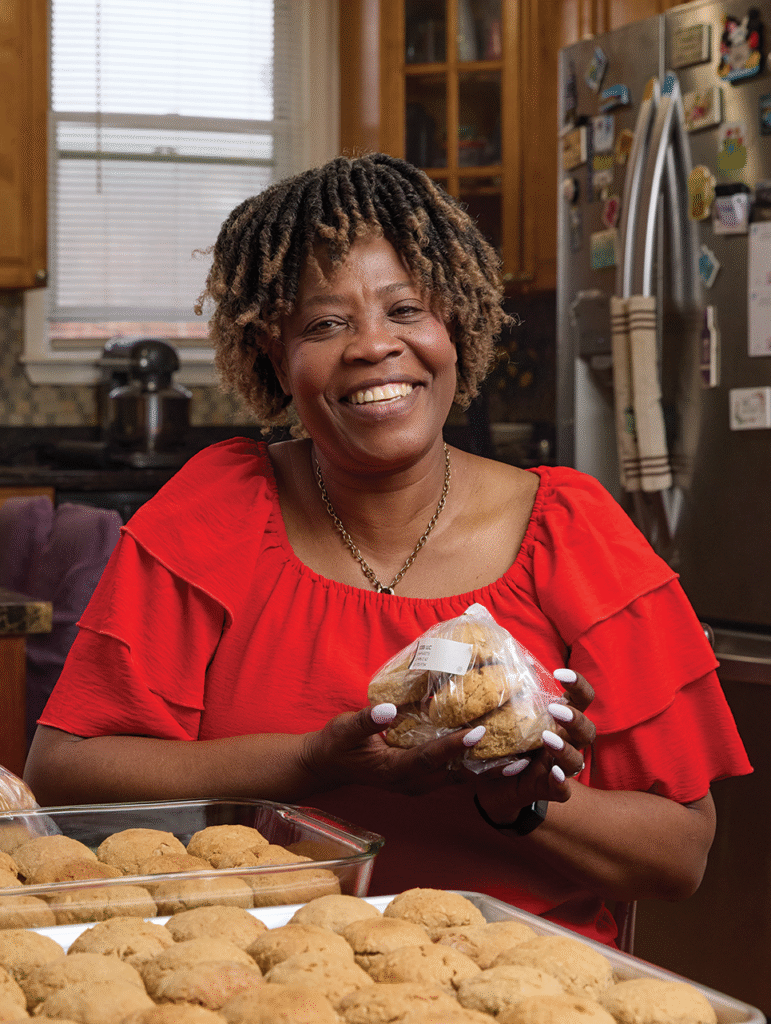
Dear George, Ever consistent, able to call upon the optimistic, hopeful you. This 87 year old person is still enthralled with your personhood and mentorship.
Right to the point, George, just what we need to hear. It is serious indeed, but never underestimate what dedicated people can accomplish. And we know that the current president of this country is his own worst enemy, as demonstrated in his first term. Who knows what will happen next?
It may look hopeless externally, but hope is always-always- a choice not a fact. And a big part of hope is being still, listening for gidance, practicing patience, and being open to realizations and discoveries that arise spontaneously when we are watching for them.
Thank you for this excellent report and testimony. I have certainly been encouraged by George, not least in person, and that encouragement goes even deeper now when his biological abilities (like mine) are not what they were. His spirit is there, and that is above all what counts. But it’s not an empty thing. It’s filled, in his case, with his vast and well considered experience, which he knows, and insists on, communicating to others, especially the young, to encourage them. I’m especially grateful for his clear distinction between optimism and hope. This seems very important to me to understand. Keep on teaching this, George, to help people to feel the true ground under their feet and not engage with illusion. I’m grateful that you are still so much with us as someone to look to and hear. Thank you, George!
It sure does!! (feel hopeless) However, Peace, Justice, Sustainability NOW welcomes everyone to attend Mondays at McCormick’s, a weekly protest at our Senator’s office, 12 Noon at 20th and Market streets. Every week has a theme.
E – Environment and Equity July 7
Q – Queer Quality and Questioning July 14
U – Unions and Unity July 21
A – Action and Associations July 28
L – LOVE and Liberation Aug 4
I – Innovation and Immigration Aug 11
T- TOWN HALL Aug 18
Y – Yearning to breathe free Aug 25